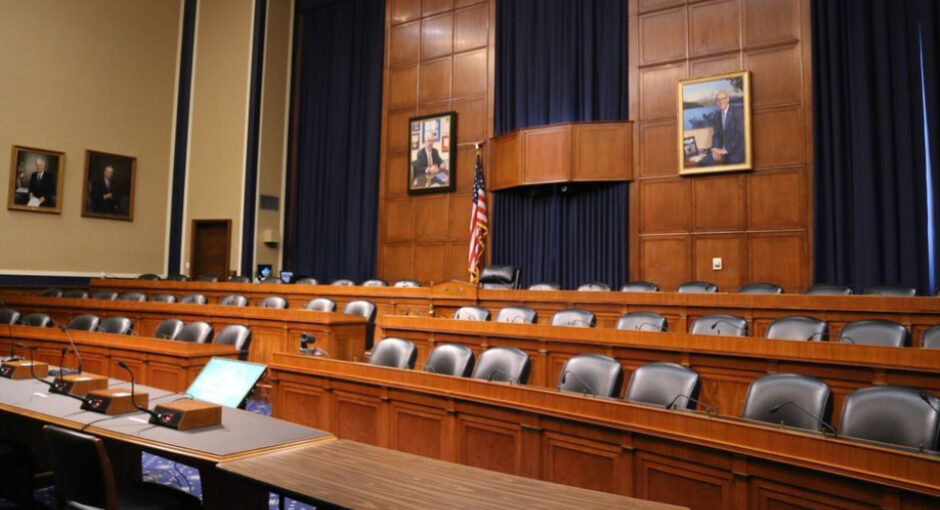Lawmakers and heath care policy experts are expected to discuss the 340B program this afternoon during a U.S. House Energy & Commerce health subcommittee hearing.
The hearing on lowering health care costs through more price transparency and competition starts at 1:00 p.m. Eastern. Neither the announcement nor the background memo mentions 340B. During an event in December, however, subcommittee chair Brett Guthrie (R-Ky.) specifically cited hospitals’ profit margins on 340B-acquired drugs as an example of where more progress is needed on making health care prices more transparent.
The witness list indicates the hearing will focus mostly on health systems’ role in rising health care costs. Five experts are testifying and three have 340B connections. They are:
- Chris Severn, co-founder and CEO Turquoise Health, a start-up that helps hospitals and payers comply with federal price transparency requirements.
- Matthew Forge, CEO of Pullman Regional Hospital, a 340B-enrolled hospital in E&C full committee chair Cathy McMorris Rodgers’ (R) home district in Washington state.
- Marilyn Bartlett, senior policy fellow at the National Association of State Health Policy. Four years ago while working for Montana’s insurance oversight agency, Bartlett said during an agency-sponsored event that 340B may drive up the cost of care and that it is hard to know if 340B providers are fulfilling 340B’s intent to help low-income people.
- Sophia Tripoli, director of health care Innovation at Families USA, a left-of-center health care lobby. In 2019 it formed a coalition of labor unions and liberal advocacy groups to press for federal legislation to lower drug prices for individual consumers. Now it is urging Congress “to take on the next frontier of ensuring affordable health care for consumers—addressing high and rising hospital prices that have resulted from decades of unchecked consolidation and anticompetitive behavior.”
- Ben Ippolito, senior fellow in economic policy studies at the conservative think tank American Enterprise Institute. Two weeks ago, Ippolito and Loren Adler, fellow and associate director of the USC–Brookings Schaeffer Initiative for Health Policy, published a list of market-oriented health care policies that they say might attract bipartisan congressional support. Their agenda includes a long passage on 340B. It criticizes how hospitals use the 340B program and backs the idea, raised in a Congressional Budget Office report last fall, of applying 340B discounts “on a patient-level basis—that is, to patients with certain characteristics rather than to all patients at certain sites of care.” If that idea doesn’t fly, Ippolito and Adler said Congress, the Centers for Medicare & Medicaid Services, or both in the alternative could try again to cut Medicare Part B drug payment rates to 340B hospitals.
Ippolito makes the same points in his written testimony to the subcommittee. None of the other witnesses raise 340B in their written statements.
Pharmaceutical Research and Manufacturers of America and the National Association of Community Health Centers’ joint 340B reform plan also could come up. Released this month, it says all covered entities should have to report “the total acquisition cost and reimbursement for 340B discounted medicines and the total amount spent to reduce out-of-pocket costs for patients receiving 340B discounted medicines.” A confidential document that fleshes out the plan says hospitals should report this information separately for each child site. Another plank in PhRMA and NACHC’s reform agenda would require entities to submit claims for 340B-acquired drugs to an independent clearinghouse to “create transparency for manufacturers to monitor compliance.”
On Wednesday at 1:00 p.m. Eastern, the E&C health subcommittee is holding a hearing on the Biden administration’s fiscal 2024 budget request for the Department of Health and Human Services. HHS Secretary Xavier Becerra is testifying. As with today’s hearing, 340B could come up.


